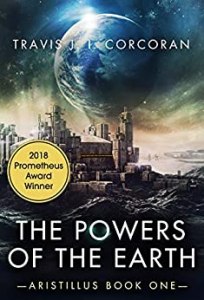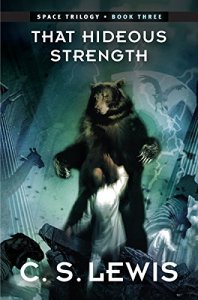By Michael Grossberg
Movie sequels seem to be more common and more popular than ever in the 21st century, often dominating at the box office. Yet, they just don’t get as much respect or awards recognition as literary sequels.
Far fewer sequels have won Academy Awards than have been recognized by science fiction and fantasy’s Hugo and Prometheus awards.
Just consider how few movie sequels have won the Oscar for Best Picture compared to how often sequel novels win a top SF/fantasy award.
Within the 46-year history of the Prometheus Awards, 194 of the 505 novels nominated within the Best Novel category have been sequels – and 11 have gone on to win.
Meanwhile, as recently reported here, nine sequel novels have won the Best Novel category in the 72-year history of the Hugo Awards, voted by members of the World Science Fiction Society and presented annually at the Worldcon.
 Yet, in the 97 years that the Academy Awards have been presented, only two movie sequels have won Best Picture: The Godfather Part II and The Lord of the Rings: The Return of the King.
Yet, in the 97 years that the Academy Awards have been presented, only two movie sequels have won Best Picture: The Godfather Part II and The Lord of the Rings: The Return of the King.
Intriguingly, both movies were key parts of the only trilogies or series to have three films nominated for Best Picture, perhaps partly reflecting the stature and impact of the overall effort.
And perhaps coincidentally, both movies dramatize libertarian and classical-liberal themes about the temptations and abuses of power.
Continue reading Sequels, part 11: Unlike literary sequels, movie sequels and genre films don’t get as much respect at the Oscars, but that may be changing
 Two will be part of Corcoran’s Aristillus series, set in our solar system’s future and launched with his two Prometheus-winning novels The Powers of the Earth and Causes of Separation.
Two will be part of Corcoran’s Aristillus series, set in our solar system’s future and launched with his two Prometheus-winning novels The Powers of the Earth and Causes of Separation.








